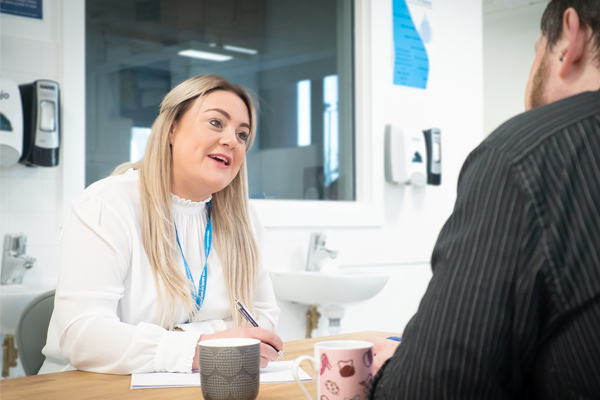Entry Requirements
A minimum of a 2:2 degree with relevant prior experience (including voluntary) in social care, education, or health. This programme also requires a minimum of three GCSEs at grade C or above including English Language (or equivalent), and Maths (or equivalent). These GCSEs must be obtained prior to submitting an application.
We do not specify a minimum length of time in social work since we are most interested in how you reflect upon your experience. If you have studied outside of the UK and are unsure whether your qualification meets the above requirements, please visit our country pages https://www.lincoln.ac.uk/studywithus/internationalstudents/entryrequirementsandyourcountry/ for information on equivalent qualifications.
International Applicants
We welcome international applications although our places are very limited.
All international applicants require IELTS 7.0 with a minimum of 5.5 in each element for students whose first language is not English. Applicants must provide a valid IELTS certificate at the point of application.
Students who have completed a UK degree within 5 years of their proposed enrolment at the University will not be required to provide IELTS.
For information regarding other English language qualifications we accept, please visit the English Requirements page https://www.lincoln.ac.uk/studywithus/internationalstudents/englishlanguagerequirementsandsupport/englishlanguagerequirements/.
For further advice on IELTS and the support available, please contact the International College by email at internationalcollege@lincoln.ac.uk.
International applicants need to obtain a recent criminal record certificate from their home country and ensure this is still valid by the date of enrolment in addition to the DBS requirements detailed below. A list of admissible certificates can be found on the UK Government website; please see: https://www.gov.uk/government/publications/criminal-records-checks-for-overseas-applicants.
Other requirements include:
Shortlisted applicants will also have to pass screening processes in terms of professional suitability: DBS criminal record checks; health declaration; professional references. The University will pay for DBS checks.
You must declare all spent and unspent criminal convictions including (but not limited to) cautions, reprimands, final warnings, bind over orders or similar and details of any minor offences, fixed penalty notices, penalty notices for disorder, ASBOs or VOOs.
Further information can be found at https://www.gov.uk/government/organisations/disclosure-and-barring-service
If you would like further information about entry requirements or would like to discuss whether the qualifications you are currently studying are acceptable, please contact the admissions team on 01522 886097, or email admissions@lincoln.ac.uk.






